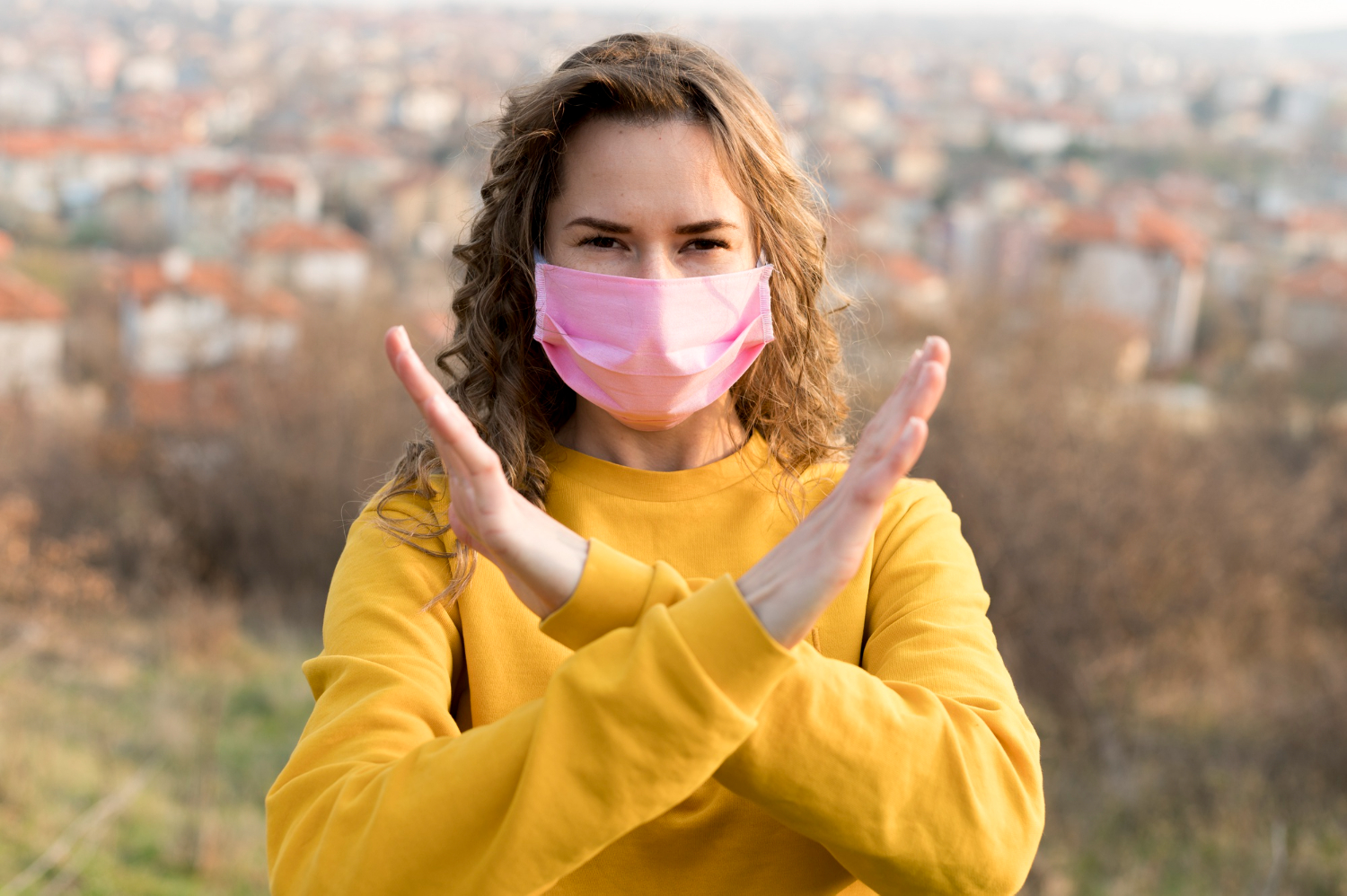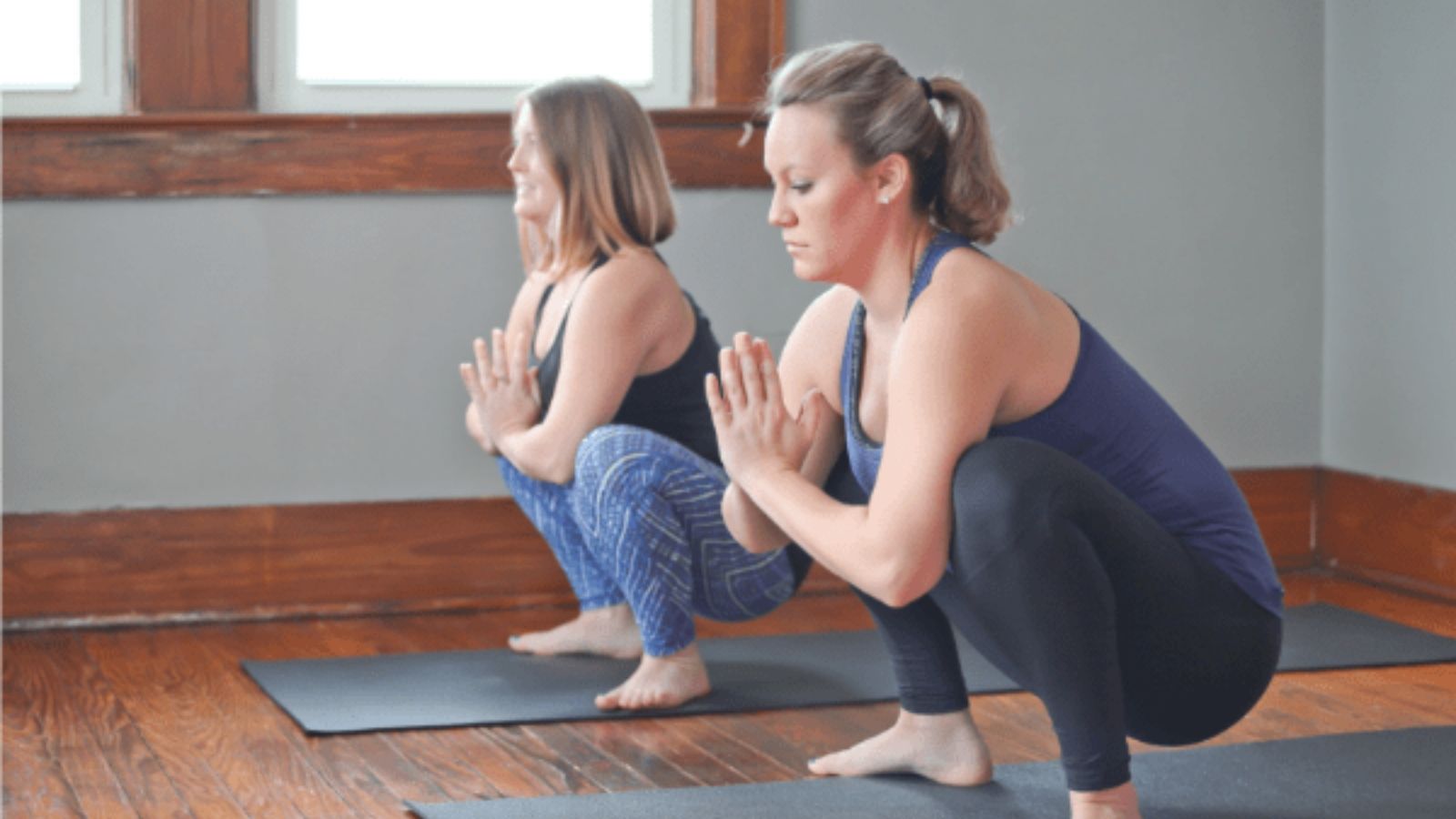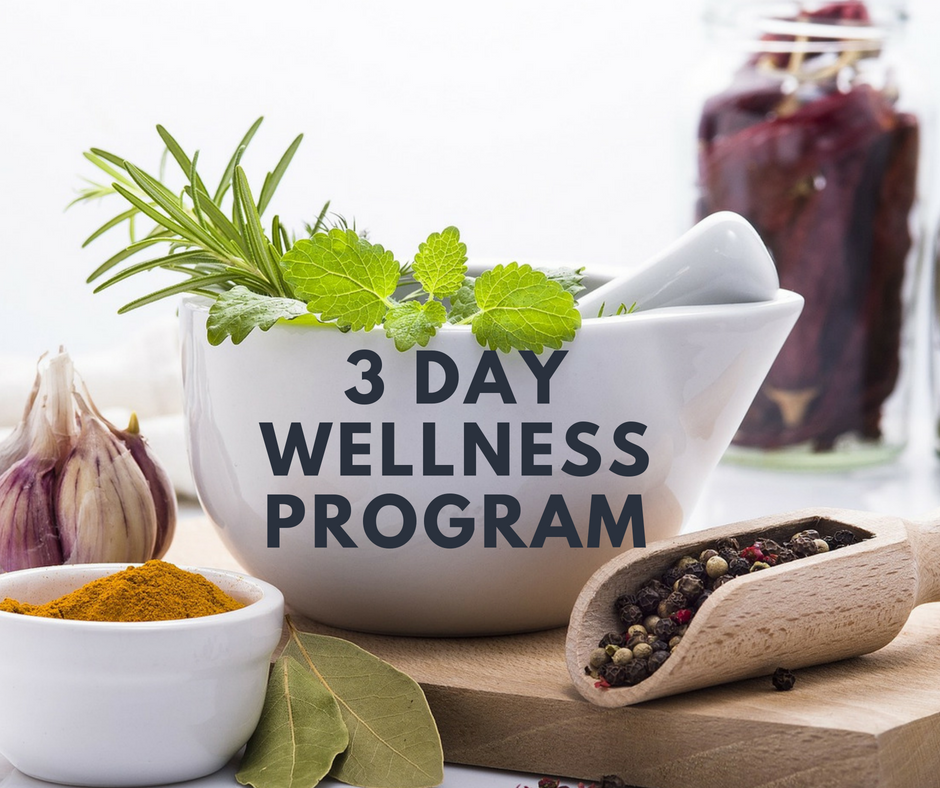3 Surprising Kitchen and Lifestyle Hacks that Protect You from Air Pollution
This year, Delhi experienced the world’s worst air quality index – equivalent to smoking approximately 25-30 cigarettes a day, highlighting the urgent need for a robust plan to combat air pollution.
But can we change the pollution levels? The answer is a resounding NO!
The impact of air pollution on respiratory health is undeniable, and rather than dwelling on factors beyond our control, let’s control the health of our lungs.
Let’s explore the simple yet scientifically-backed ways to protect our lungs from the effects of air pollution.
First, let’s take a moment to appreciate our respiratory system!
The respiratory system comprises the nose, trachea, bronchi, and lungs. This complex mechanism delivers oxygen to every cell in our body.
The journey begins as we inhale, drawing air through our nostrils. The nose acts as a natural filter, trapping large particles. As the air travels down the trachea and into the bronchi, it undergoes further purification.
It is a simple, involuntary act that sustains our lives, allowing us to inhale the oxygen our bodies need to function.
Unfortunately, our air is no longer as pristine as it once was!
Enter the villains: Particulate Matter and Pollutants
Particulate matter, often referred to as PM, includes tiny particles that can be solid or liquid, suspended in the air we breathe. PM is no ordinary troublemaker; it’s a product of chemical reactions in the atmosphere between different pollutants.
The United States Environmental Protection Agency defined Particulate Matter (PM) as a term encompassing particles with diameters of 10 micrometers (μm) or smaller, known as PM10, and extremely fine particles with diameters generally 2.5 micrometers (μm) and smaller.
Think of PMs as tiny troublemakers who crash the respiratory party, causing a bit of a ruckus in our lungs.
Source: Giphy/IFHT Films
Other pollutants include:
- Ozone (O3): O3 is formed from oxygen through high-voltage electric discharge.
- Carbon Monoxide (CO): CO is generated from incomplete combustion of fossil fuels.
- Nitrogen Oxide (NO2): A traffic-related pollutant emitted from automobile engines.
- Sulfur Dioxide (SO2): A harmful gas primarily emitted from fossil fuel consumption and industrial activities.
- Lead: A heavy metal used in industrial plants and released from petrol engines, batteries, radiators, waste incinerators, and wastewater.
- Polycyclic Aromatic Hydrocarbons (PAHs): PAHs are present in coal and tar sediments.
- Volatile Organic Compounds (VOCs): VOCs are indoor air pollutants.
Now let’s take a closer look at how this silent invasion unfolds!
- Inhalation: PM is inhaled into the respiratory system.
- Lung deposition: Particles settle in the lungs, triggering inflammation.
- Translocation: Some particles breach lung barriers, entering the bloodstream.
- Systemic spread: PM travels to other organs, contributing to various health problems like Asthma, COPD, and other diseases.
Source: Giphy/All Better
Dealing with such a significant amount of air pollution every day can be overwhelming. However, there are practical ways to safeguard your lungs from these pollutants.
Poor Air Quality Index? Here Are Quick Tips To Protect and Cleanse Your Lungs from air pollution.
Your Prevention Plan Against Air Pollution
Here are a few simple and actionable steps to protect your respiratory health from air pollution.
Breaking Free from Social Media Shackles
In a world saturated with wellness advice, it’s crucial to recognize our unique bio-individuality. One-size-fits-all solutions sold on social media often fail to address the diverse needs of individuals.
We’re all bio individuals. We’re all unique individuals. All of us are different.
Metabolically efficient bodies require different nutritional strategies, and understanding this diversity is the first step toward a personalized approach to lung health.
Know that You Are Unique!
Your Lung’s Best Friends
Turmeric, ginger, black pepper, raw unprocessed honey, and jaggery—these ingredients aren’t just culinary delights but powerful allies in the battle for lung health against air pollution.
- Turmeric possesses anti-inflammatory and antioxidant properties, making it a potent ally for lung health.
- Ginger, a known immune booster, protects the lungs from damage due to inflammation due to air pollution.
- Black pepper also possesses anti-inflammatory and antioxidant properties.
- Raw, unprocessed honey acts as a natural probiotic and antibiotic and has been a potent remedy across civilizations for decades, complementing but not replacing prescribed antibiotics.
- Jaggery has been proven to prevent lesion formation in the lungs due to air pollution, even among smokers.
Discover a hidden kitchen spice to boost your lung health.
Balancing Act: Moderation in Consumption
While embracing the benefits of honey and jaggery, it’s crucial to maintain a balance. Overindulgence is the enemy, but when used wisely, these natural wonders can significantly safeguard your lungs from air pollution and contribute to your well-being.
It’s not about blaming sugarcane juice or jaggery; it’s about addressing the root cause of metabolic fitness.
Know How A Blob Of Jaggery Can Help Your Lungs: A Time-Tested and Scientifically-Proven Remedy.
A Tea for Your Lungs: A Recipe for Respiratory Well-being
Practical steps matter!
A simple turmeric-ginger tea can work wonders for your lungs. Boil fresh turmeric, ginger, and 3-4 black peppercorns in water, then add raw unprocessed honey and a dash of lemon.
(No fresh turmeric? Use half a teaspoon of clean, chemical-free, organic turmeric powder. No fresh ginger? Opt for half or quarter a teaspoon of dry ginger powder.)
Sip this concoction warm, and feel the benefits unfold.
Remember, the devil is in the details – ensure your honey is truly raw and unprocessed for maximum impact.
For a Lung Detox, try this Magic Lung Tea
Disclaimer: Please keep your healthcare provider in the loop before introducing any new food item into your lifestyle, especially if you have a medical condition or are on medications. In case you are allergic to certain foods, please avoid them.
Planning to elevate your respiratory well-being? Give your immune system a boost with our Wellness Hamper You Care Starter Kit.
Foods to Fuel Your Lungs Right
In addition to tea, incorporating nutrient-rich foods that support lung function into our diet is vital. Apples, green leafy vegetables, and cruciferous vegetables like spinach, radish, broccoli, cauliflower, cabbage, and kale offer a nutritional boost because of the magic sulforaphane in them.
Elevate your well-being with ethically grown fresh produce sourced from our wellness platform here.
If you’re a thyroid patient, you can still eat these vegetables in a cooked format. It could be cooked, or steamed, but don’t eat it raw.
Tired of the usual veggies? Give these tasty Broccoli and Spinach Recipes a try!
Exercise and Breathwork: Powering Up Your Lungs
No discussion on lung health is complete without addressing the role of exercise and breathwork. Regular physical activity not only strengthens the lungs but also contributes to overall well-being.
Couple this with pranayama or breathwork, which further enhances lung capacity. The ability to control and extend our breath is a testament to the strength of our respiratory system.
Here’s a simple test for everyone.
How many deep breaths can you take in a minute? Time yourself. Put your timer on.
An inhale, a hold, an exhale, and a hold. That’s one complete breath – one cycle.
With regular practice, you’ll notice an improvement. Over time, you should be able to do fewer cycles, a sign that your lung capacity and strength are increasing.
What Can One Session of Slow Breathing Do To Your Health?
The Bottom Line
In a world where the air we breathe is increasingly polluted, taking charge of our lung health becomes a priority. Through a combination of scientifically-backed ingredients, mindful nutrition, regular exercise, and breathwork, we can build lungs that defy the odds.
So, as you navigate the polluted streets of any city worldwide, remember—the power to breathe easy lies within you! It’s always better to have a stronger pair of lungs because oxygen is everything. Your prana is everything!
You may also want to explore a Lifestyle Plan To Handle The Rise In Air Pollution.
References:
- ‘Equal to 25-30 cigarettes’: Medanta doctor alerts expecting parents amid ‘severe’ Delhi AQI. By Manjiri Chitre, Hindustan Times.
- Manisalidis I, Stavropoulou E, Stavropoulos A, Bezirtzoglou E. Environmental and Health Impacts of Air Pollution: A Review. Front Public Health. 2020 Feb 20;8:14. doi: 10.3389/fpubh.2020.00014. PMID: 32154200; PMCID: PMC7044178.
Need personalised guidance to train your immunity and manage your lung-related issues? We help you find a way.
Know more about our holistic Wellness Programs here.
Get in touch with us by writing to consults@lukecoutinho.com, on WhatsApp, or call 1800 102 0253.
|
From a pimple to cancer, our You Care Wellness Program helps you find a way Talk to our integrative team of experts today 18001020253 |











Leave a Reply